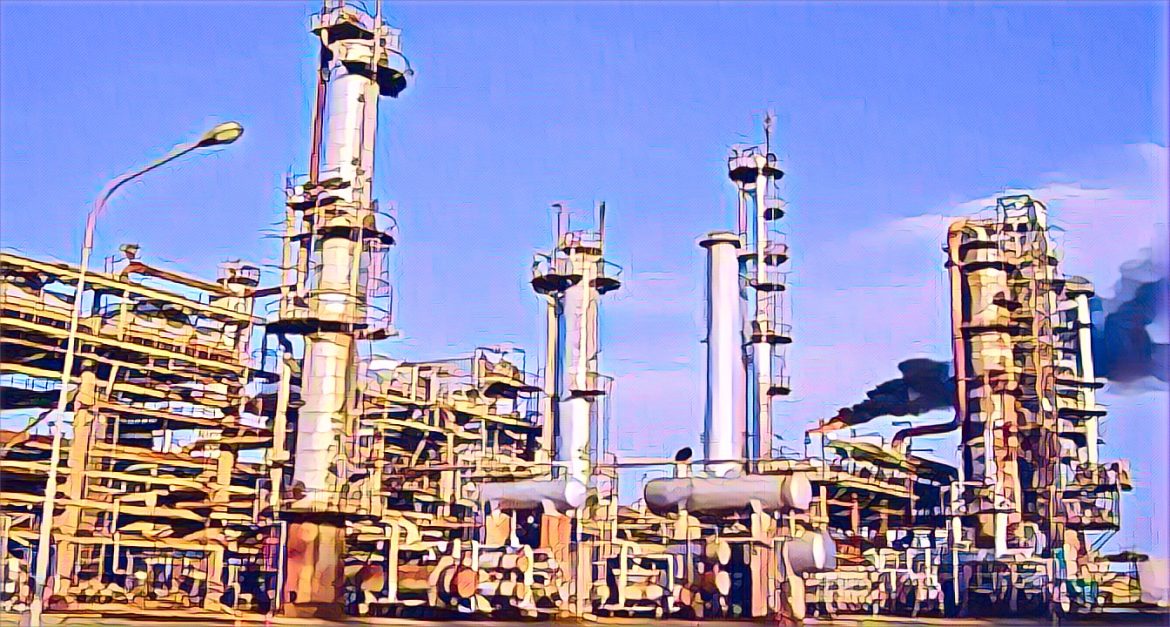The Nigerian government, acting through the Nigerian Midstream and Downstream Petroleum Regulatory Authority (NMDPRA), met with representatives from local refineries, such as the Dangote Petroleum Refinery, and oil marketers in a noteworthy meeting that took place in Abuja. This engagement was primarily intended to resolve issues related to refined product price, industry rivalry, and gasoline importation scandals involving subpar fuel entering Nigeria.
Journalists were notified of the outcome of this important meeting by Ogbugo Ukoha, the Executive Director of Distribution Systems, Storage, and Retailing Infrastructure at NMDPRA. He underlined the government’s position that no inferior gasoline, sometimes known as “dirty fuel,” is being brought into the nation at this time. This statement disproves recent allegations made by a senior Dangote Petroleum Refinery officer that the government are allowing the importation of high-sulfur diesel from Russia, which could have severe environmental and health implications.
The NMDPRA was accused by Devakumar Edwin, Vice President of Oil and Gas of Dangote Industries Limited, of issuing import licenses arbitrarily, which allowed high-sulfur fuel to enter Nigeria. This led to a scandal. Edwin emphasized that boats transporting this diesel near Togo, intended for the Nigerian market, had significantly increased since the US, EU, and UK enacted sanctions that resulted in a price cap on Russian petroleum goods as of February 5, 2023.
Ukoha reminded the public that the NMDPRA strictly complies with the regulations set by the Economic Community of West African States (ECOWAS), which require a sulfur level of no more than 50 parts per million in fuels, in response to these grave accusations. He detailed the proactive measures the authority has taken since its inception to ensure compliance with these standards. “From the onset, we have been vigilant in monitoring sulfur levels in imported fuels and have noticed a substantial decrease in violations since our stringent enforcement began in February,” Ukoha stated.
The discussion also touched on the operational dynamics between the government, local refiners, and marketers. With Nigeria’s petroleum market being deregulated, marketers have the autonomy to source products from various suppliers, both local and international. However, the government continues to encourage the purchase of locally refined products to support the domestic industry and reduce dependency on imports.
Gabriel Ogbeche, Group Managing Director of RainOil Ltd., commented on the collaboration between marketers and refiners, emphasizing the ongoing commitment to maintain a balanced relationship that benefits the entire industry. “We are dedicated to supporting local refineries while also ensuring we have the flexibility to meet our needs through imports when necessary,” he explained.
Rabiu Umar, Group Chief Commercial Officer of the Dangote Group, also spoke positively about the outcomes of the meeting. “Today’s discussion was productive and sets the stage for future collaborations that will steer the industry in the right direction,” Umar noted.


